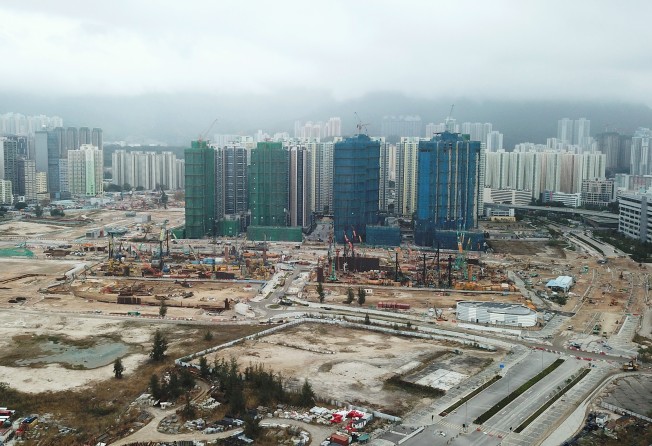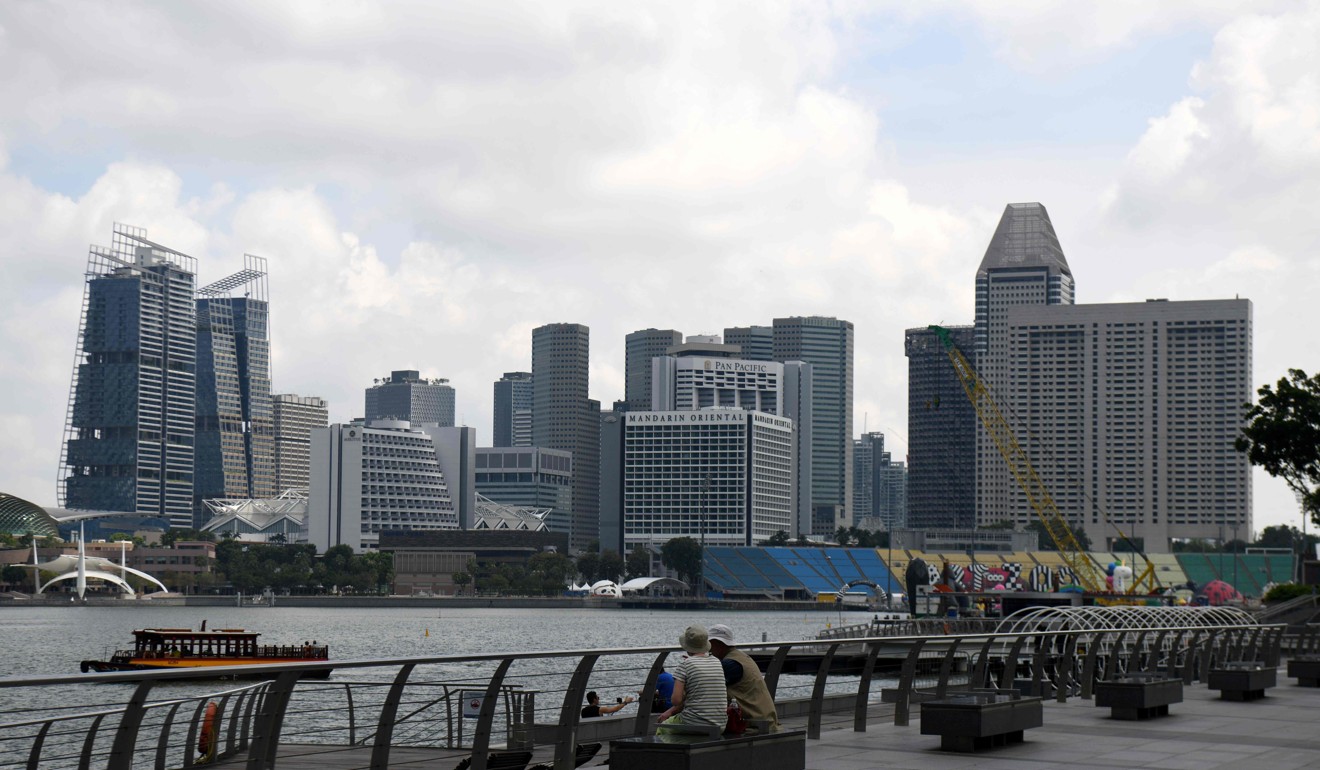Hong Kong’s urban planning problems must be addressed, experts say. Is Singapore's model the answer?
Veteran urban planners say Hong Kong could look to the Lion City for examples of successful forward-thinking planning

Urban planners say the dispute over the reliability of the city’s projection of land demand has exposed a deep-rooted problem in the system and that Hong Kong should learn from Singapore.
“How can a city rely on a department head to request his seniors to reserve a certain amount of land for various purposes? Unlike the chief secretary, the Planning Department has little power,” Professor Ng Mee-kam, director of the urban studies programme at Chinese University said.
“We need high-level leadership to steer a territory-wide strategy.”
Under the city’s existing planning mechanism, the assessment of land requirements involves two major processes. While the Planning Department projects demand for various land uses based on population, the department also relies on the advice of individual bureaus on the respective sectors under their purview.
Members of the Task Force on Land Supply, appointed by the chief executive, have contested the department’s projection of land demand partly because the amount reserved for some purposes was not aligned with the government’s vision to tackle the ageing population.
Less than five hectares of land is reserved for medical facilities for the next 30 years, despite increasing waiting times in public hospitals. On the other hand, 75 hectares of land is reserved for building columbaria.
“Does it mean that we expect more people will die as they will be deprived of sufficient medical services?” said a task force member, who declined to be named.
Also, the projection does not cover extra land needed to increase living space for families and skilled workers from abroad.

Ng, who studied the urban planning model of Singapore, said Hong Kong’s planning problems partly stem from the government’s notion of playing a small role in the market.
“We seldom plan our economy. For example, should we change our economic model? Should we increase our living space per capita? Should we attract more talents? Hong Kong does not formulate long-term plans to respond to these questions. The government has been passive and reluctant to intervene in the market,” Ng said.
She said Singapore had set up the Centre for Strategic Futures under the prime minister’s office to manage a complex and fast-changing environment.
“The centre comes up with various scenarios, proposes changes and also works with the budget team,” Ng said.
According to the centre, it was set up in 2009 as a think tank to focus on issues that may be blind spot areas, pursue long-term futures research and experiment with new foresight methodologies. It has been part of the prime minister’s office since 2015 to focus on whole-of-government strategic planning and prioritisation, coordination among departments, to incubate and catalyse new capabilities in public service.
“To debate how much land Hong Kong will need is a low-level discussion,” Ng said, “We should ask a bigger question: what should our future be?”

She added that mainland cities such as Shenzhen were also proactive in attracting academics, scientists and senior executives from overseas by providing affordable housing. According to the latest policies devised by the Shenzhen government, new developments close to railway stations should reserve at least 60 per cent of their total gross floor area for such purposes, whereas 15 per cent to 30 per cent of such housing should be offered for redevelopment projects.
“Hong Kong needs to map out its future and devise policies,” Ng said.
Ng Cho-nam, geography professor at the University of Hong Kong and a task force member, agreed that low-level planning had been a problem for Hong Kong and the planning approach of government bureaus had been compartmental.
“Our planning is more of an arithmetic sum. It lacks context,” he said. “But a long-term strategy requires regular updates. There are still opportunities to refine the plan.”